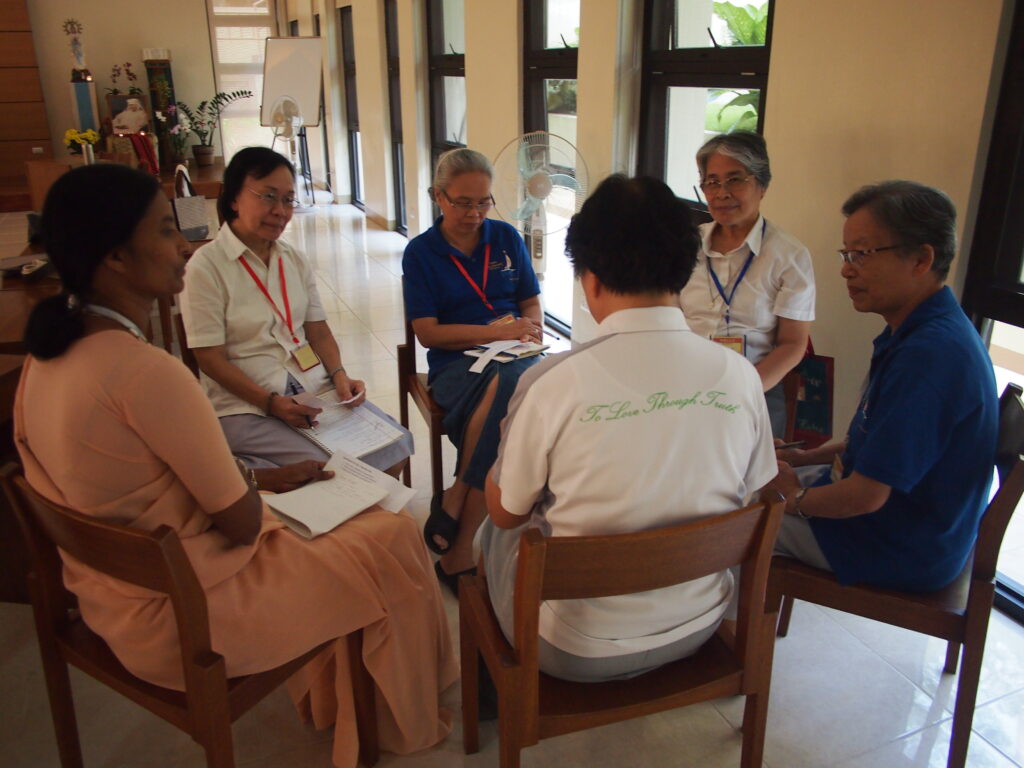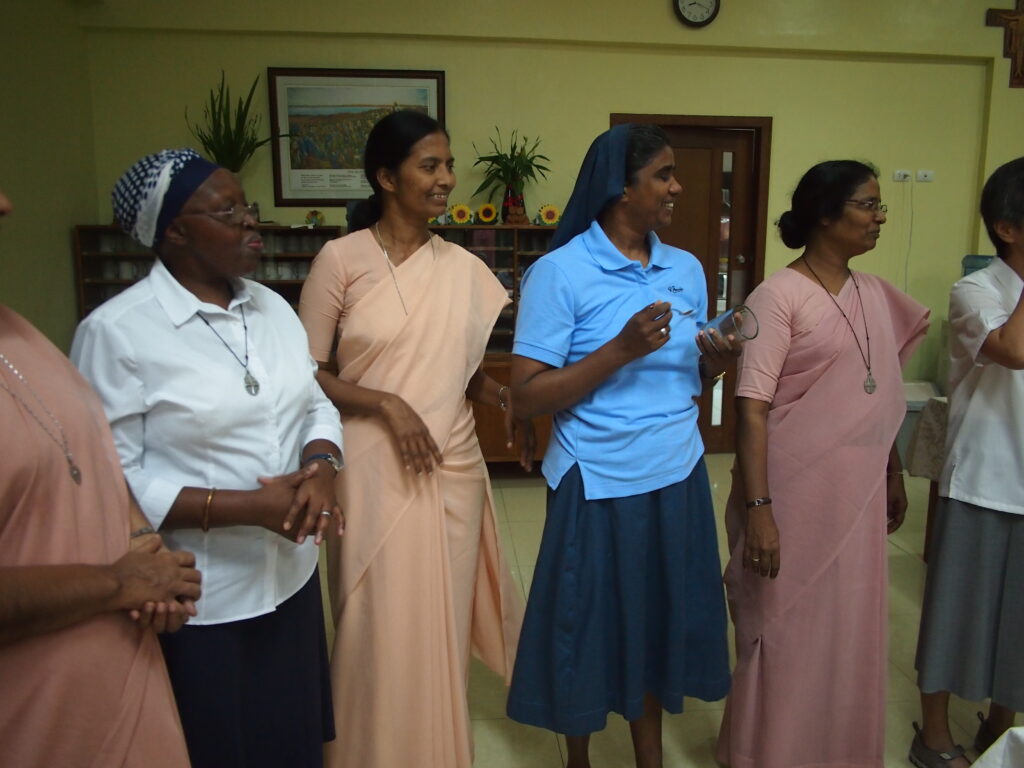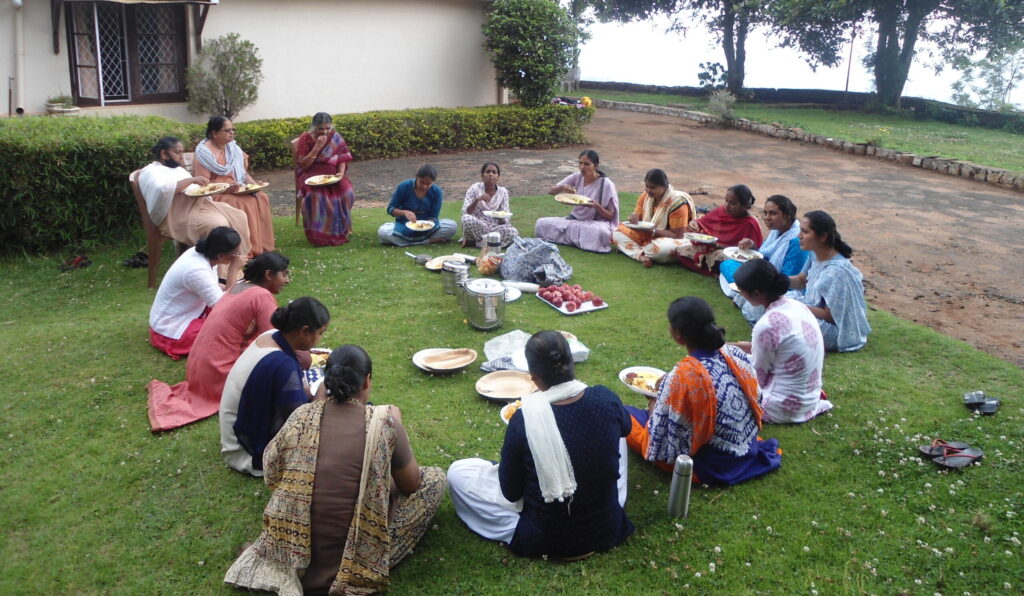
The Institute is in the process of Transformation welcoming newness into every aspect of our life and mission. It is a call to re-Consecrate our Love for Jesus and for His people. In this journey of transformation for greater witness of life and effectiveness of mission we are surmounted by challenges of varying nature and impact taking into account concretely the specific context of Formation into Regions. Challenges in terms of revitalized commitment to the Gospel values, adequate deepening of faith, adoption of new ways of administration and governance, adaptation and living in intercultural communities.
Transformation for mission is fundamentally a call to go beyond borders. In my current reflection, I want to emphasise that living in “intercultural communities” challenges us to go beyond borders, which means going beyond one’s own usual and familiar places, going beyond territory and culture, going beyond the barriers of power and position, and going beyond the biggest barrier and border of ego and individualism.
When I was sent to the province of Ooty in 1995, the transcultural and trans territorial formation provided by the Institute contributed to my readiness to be “sent anywhere”, beyond my familiar and preferred area. It is true that I had my own affinities, such as the region, the language, the culture. I also felt a certain sense of belonging, a certain identity, a certain taste, a certain ease, and an advantage within my own area of affinity. But fundamental identity of being consecrated – of being an FMM missionary, of being a sister who belongs to the same human family, the church, the Institute – became the driving force that allowed me to accept the principal aim of “being a missionary” and “going beyond”. This attitude, this conviction remains good and valid for me until today than being confined within one’s local context. From then on, I began to recognise with gratitude that acceptability, adaptability and living interculturality effectively are more about grace, benevolence and dedication.
 Living in intercultural communities has helped me to rediscover and reclaim the value, vitality and beauty of complementarity in my formative ministry, where I have learned to respect and value each person’s sacred history, unique path and mystery.
Living in intercultural communities has helped me to rediscover and reclaim the value, vitality and beauty of complementarity in my formative ministry, where I have learned to respect and value each person’s sacred history, unique path and mystery.
The sincere desire to be an authentic FMM helped me to rise above these petty identical communities. I began to grow in “a Culture of Christ”. This is the unique culture of consecrated life, a culture of faith, a culture of charity, a culture of witness. I firmly believe that intercultural communities are the only means, signs and witnesses of true Christian and religious values. They are the timely antidotes that protect against unbridled freedom, selfishness, greed and self-indulgence. They are the real foundations that anchor us in the one essential interpersonal virtue, namely “mutuality”, which manifests itself in mutual respect, concern, understanding, adjustment, forgiveness, appreciation, encouragement and support.
Let us humbly pray and earnestly seek such intercultural communities, following in the footsteps of Blessed Mary of the Passion who lived and paved the way for us to make the “whole world our homeland”.
Sr Dyarnamma Anthiah Mannem, fmm
India-Ooty Province


